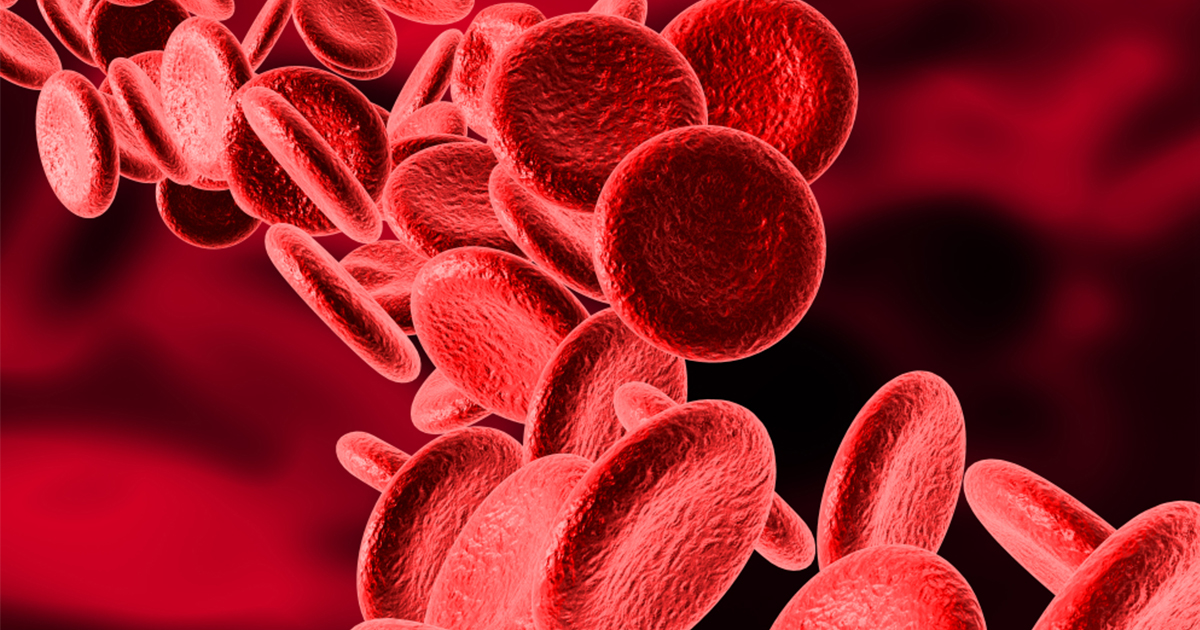Kidney Dysfunction and Blood Quality: Unraveling the Connection

Individuals with chronic kidney problems often experience a condition characterized by a deficiency of healthy red blood cells or hemoglobin in the body, leading to a decrease in the oxygen-carrying capacity of the blood due to various factors related to kidney dysfunction.
What are the causes?
1. Decreased Erythropoietin Production: Erythropoietin is a hormone produced by the kidneys that stimulates the production of red blood cells in the bone marrow. In individuals with chronic kidney problems, the damaged kidneys are unable to produce sufficient amounts of erythropoietin, leading to a decrease in red blood cell production.
2. Impaired Iron Absorption: The kidneys play a crucial role in regulating iron levels in the body. Impaired kidney function hinders iron absorption from the diet and its utilization from the body’s iron stores. Iron is essential for producing hemoglobin, the protein that carries oxygen in red blood cells.
3. Vitamin Deficiencies: People with low kidney function often experience dietary restrictions and poor appetite, leading to essential vitamins like vitamin B12 and folic acid deficiencies. Vitamins are necessary to properly function the bone marrow and produce healthy red blood cells.
4. Uremic Toxins: When the kidneys cannot effectively filter waste products from the blood, they accumulate toxins known as uremic toxins. These toxins can have a detrimental effect on the lifespan of red blood cells, reducing the survival rate.
The kidneys play a vital role in maintaining the quality and composition of the blood. They filter waste products, excess fluids, and toxins from the bloodstream. Additionally, the kidneys regulate the balance of electrolytes, minerals, and hormones. When kidney function is compromised, as in the case of chronic kidney problems, It can affect the overall health of the blood. To preserve kidney health and take care of blood quality at the same time, DTS is the perfect choice. The ingredients used in DTS have a long history of therapeutic use. They are well known for their beneficial effects on regulating and supporting the kidneys and blood quality. As blood quality and kidney health are closely connected, DTS offers a protective effect for both and facilitates overall health.
- * All research and clinical data should be used as reference purposes only, results may vary.




